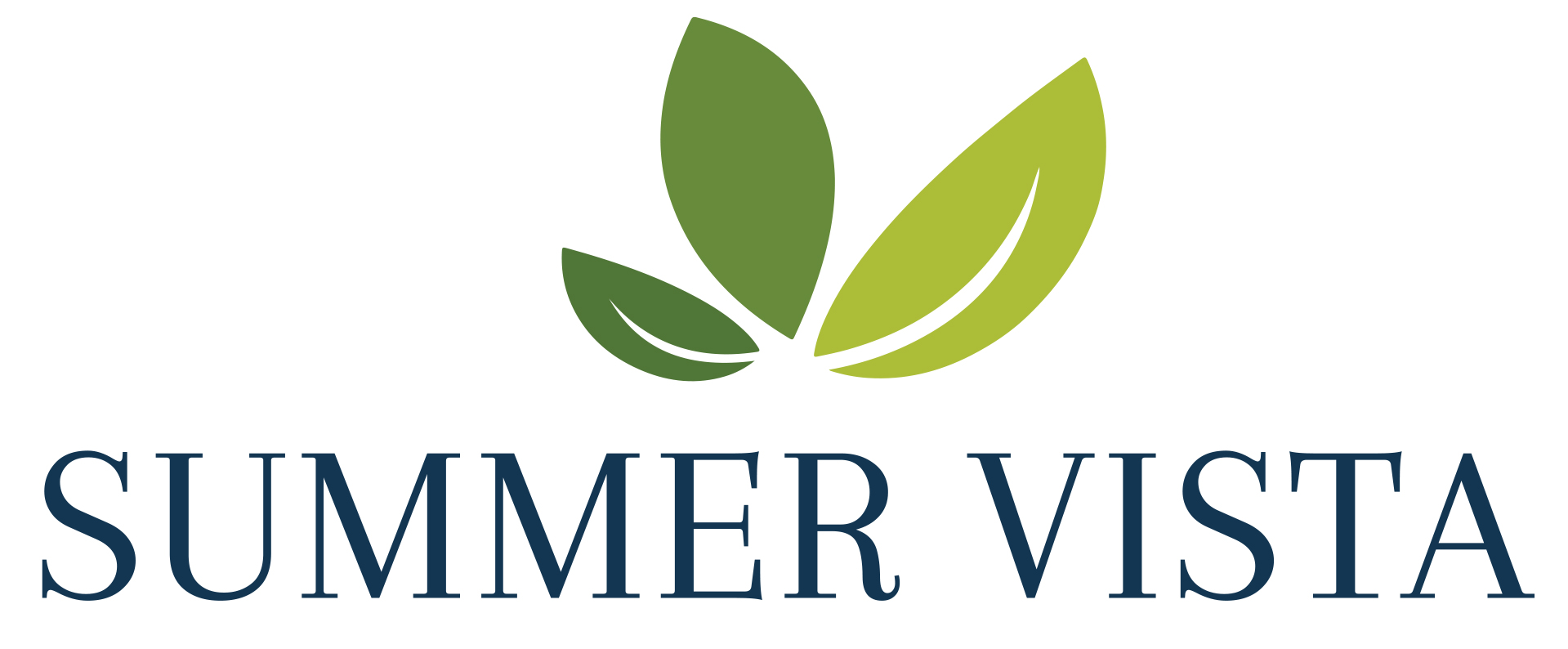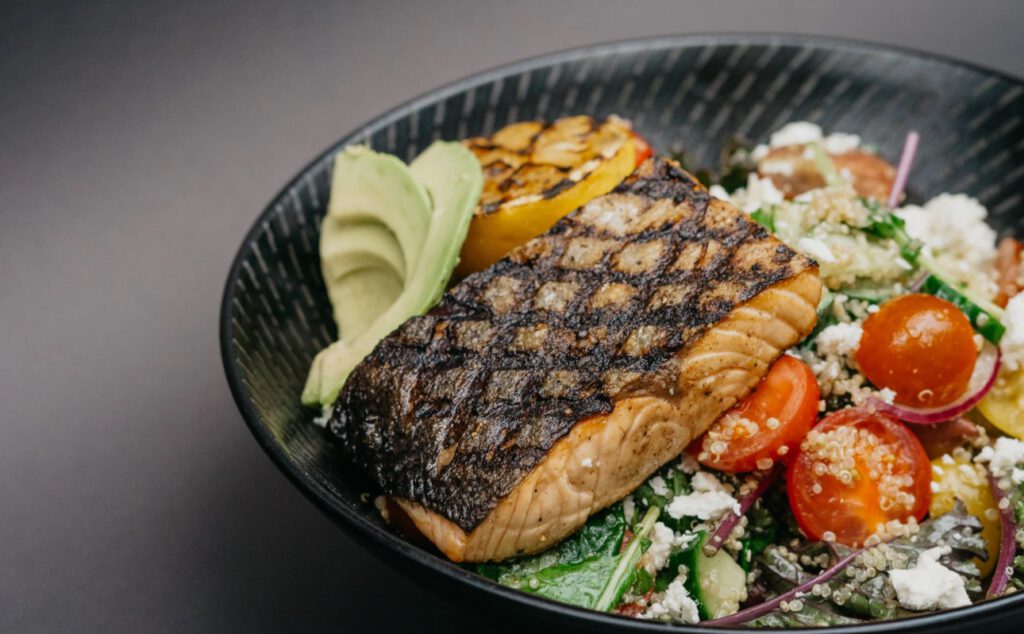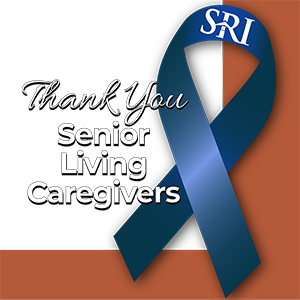Posted in: Health
Please Note: This article and others like it on our website is not intended to be a substitute for professional medical advice, diagnosis, or treatment. Always seek the advice of a physician with any questions regarding topics mentioned. Never disregard professional medical advice or delay in seeking advice because of something found on our website. And if you think you may have a medical emergency, call your doctor, go to the emergency department, or call 911 immediately.
Making healthy food choices is a smart thing to do — no matter how old you are. Our bodies change through our 60s, 70s, 80s, and beyond. As we change, food is incredibly important not just in quantity but also quality. This month we are offering a free webinar as well as some tips about eating healthier.
Our free webinar focuses on eating healthy for seniors and why parents have been telling their kids to eat their vegetables for years. From asparagus to zucchini to all the veggies in between, we explore why vegetables are still the go-to food. Our senior-living specialist host answers common questions such as which vegetables are antioxidant-rich and how can you make some vegetables a bit tastier for those who are picky eaters. Please go to our sister website, SeniorWebinars.com, for more details.
If you can’t make the seminar, here are a few tips to keep seniors eating healthier:
Drink Plenty of Liquids
With age, you may lose some of your sense of thirst. Drink water often. Low-fat or fat-free milk or 100% juice also helps you stay hydrated. Limit beverages having lots of added sugars or salt. Learn which liquids are healthier choices.
Make Eating a Social Event
Meals are more enjoyable when you eat with others. Invite a friend to join you or take part in a potluck at least twice a week. A senior center or place of worship may offer meals that are shared with others. There are many ways to make mealtimes pleasing.
During the COVID-19 pandemic, make sure any activities you plan follow CDC guidelines.
Plan Healthy Meals
Find trusted nutrition information from ChooseMyPlate.gov and the National Institute on Aging. Get advice on what to eat, how much to eat, and which foods to choose, all based on the Dietary Guidelines for Americans. Find sensible, flexible ways to choose and prepare tasty meals so you can eat foods you need.
Know How Much to Eat
Learn to recognize how much to eat so you can control portion size. When eating out, pack part of your meal to eat later. One restaurant dish might be enough for two meals or more.
Vary Your Vegetables
Include a variety of different colored, flavored, and textured vegetables. Most vegetables are a low-calorie source of nutrients. Vegetables are also a good source of fiber.
Eat for Your Teeth & Gums
Many people find that their teeth and gums change as they age. People with dental problems sometimes find it hard to chew fruits, vegetables, or meats. Don’t miss out on needed nutrients! Eating softer foods can help. Try cooked or canned foods like unsweetened fruit, low-sodium soups, or canned tuna.
Use Herbs & Spices
Foods may seem to lose their flavor as you age. If favorite dishes taste different, it may not be the cook! Maybe your sense of smell, sense of taste, or both have changed. Medicines may also change how foods taste. Add flavor to your meals with herbs and spices.
Keep Food Safe
Don’t take a chance with your health. A food-related illness can be life threatening for an older person. Throw out food that might not be safe. Avoid certain foods that are always risky for an older person, such as unpasteurized dairy foods. Other foods can be harmful to you when they are raw or undercooked, such as eggs, sprouts, fish, shellfish, meat, or poultry.
Read the Nutrition Facts Label
Make the right choices when buying food. Pay attention to important nutrients to know as well as calories, fats, sodium, and the rest of the Nutrition Facts label. Ask your doctor if there are ingredients and nutrients you might need to limit or to increase.
Ask Your Doctor About Vitamins or Supplements
Food is the best way to get nutrients you need. Should you take vitamins or other pills or powders with herbs and minerals? These are called dietary supplements. Your doctor will know if you need them. More may not be better. Some can interfere with your medicines or affect your medical conditions.
If you or your loved one is looking for a community offering Independent Living, Assisted Living, or Memory Care in Pensacola, Florida call us at (843) 305-7377 to get more details on how a senior living community like ours might just be a perfect fit.
Source: https://www.nia.nih.gov/health/choosing-healthy-meals-you-get-older






for
special events
and offers